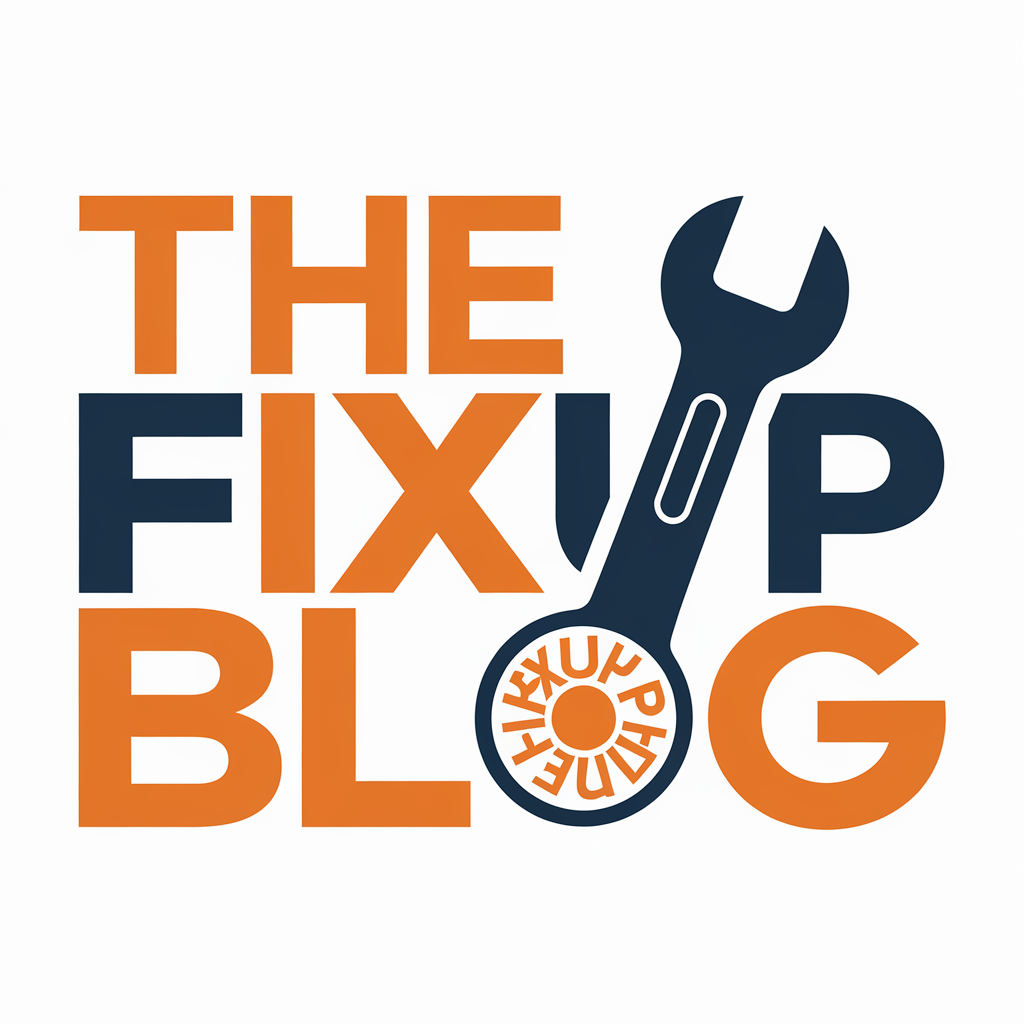Owning a home is often cited as the American Dream, a symbol of stability and financial success. But the journey to achieving this dream can seem daunting, filled with complex terminology and intricate processes. This comprehensive guide will walk you through every step of how to become a home owner, from understanding your financial situation to closing the deal. We’ll cover crucial aspects like saving for a down payment, navigating mortgage options, finding the right property, and understanding the legal intricacies involved. By the end, you’ll have a clear roadmap to help you achieve your homeownership goals.
Before you even start dreaming about open houses, you need to understand your creditworthiness. Your credit score is a crucial factor in determining your eligibility for a mortgage. A higher credit score translates to better interest rates and
more favorable loan terms. Check your credit report regularly for accuracy and take steps to improve your score if needed by paying down debt and maintaining consistent payment history.
Calculating Your Affordable Home Price
Don’t get caught up in homebuyer’s excitement. Determine a realistic budget. Use online mortgage calculators to estimate your monthly payments based on different interest rates and loan terms. Factor in not just the mortgage payment but also property taxes, homeowner’s insurance, potential HOA fees, and maintenance costs. The 28/36 rule is a common guideline: your housing expenses shouldn’t exceed 28% of your gross monthly income, and your total debt shouldn’t exceed 36%.
Saving for a Down Payment
Strategies for Saving
Saving for a down payment is a significant hurdle, but it’s achievable with discipline. Set a realistic savings goal and create a budget that allocates a specific amount each month towards your down payment. Consider opening a high-yield savings account to maximize your interest earnings. Explore options like down payment assistance programs offered by your state or local government. Remember, even a small down payment can help you start the process.
Exploring Mortgage Options
Understanding Different Mortgage Types
The world of mortgages can be overwhelming. There’s a range of options, including fixed-rate mortgages (consistent monthly payments), adjustable-rate mortgages (payments fluctuate with interest rates), FHA loans (for borrowers with lower credit scores), VA loans (for veterans), and USDA loans (for rural properties). Research each type carefully to find the best fit for your financial situation and risk tolerance.
Working with a Mortgage Lender
A mortgage lender will guide you through the process. Shop around and compare rates and fees from several lenders before making a decision. Consider factors like customer service, responsiveness, and transparency. Pre-approval for a mortgage will strengthen your position when making an offer on a property.
Finding the Right Property
Defining Your Needs and Wants
Before you start browsing listings, determine your must-haves and nice-to-haves. Consider factors like location, size, number of bedrooms and bathrooms, desired amenities, and proximity to schools, work, and other necessities. Be realistic about your budget and don’t let emotional attachment cloud your judgment.
Working with a Real Estate Agent
A real estate agent is invaluable in the home-buying process. They can help you find properties that match your criteria, negotiate offers, and guide you through the closing process. A good agent will be knowledgeable about the local market and provide expert advice.
Making an Offer and Negotiating
Understanding Market Value
Knowing the market value of the property you’re interested in is critical. You can use online tools to estimate market value, but a real estate agent can provide a more accurate assessment. Your offer should be competitive but also reflect your budget and financial situation.
Negotiating Terms
Negotiating is a crucial part of the home-buying process. Your agent can help you negotiate the purchase price, closing costs, and other terms of the sale. Be prepared to compromise and don’t be afraid to walk away if you’re not comfortable with the terms being offered.
The Home Inspection and Appraisal
Importance of a Home Inspection
A professional home inspection is essential to identify any potential problems with the property before you finalize the purchase. This inspection will uncover hidden issues that could be costly to repair later on. Be present at the inspection and ask questions if anything is unclear.
Understanding the Appraisal Process
An appraisal is an independent assessment of the property’s value. The lender will require an appraisal to ensure the property is worth the amount you’re borrowing. If the appraisal comes in lower than the purchase price, you might need to renegotiate the purchase price or adjust your financing.
The Closing Process
Understanding Closing Costs
Closing costs are expenses associated with finalizing the purchase of a home. These costs can include loan origination fees, title insurance, escrow fees, and other charges. Be prepared for these expenses and factor them into your budget.
Reviewing the Closing Documents
Before you sign any documents, carefully review them with your lawyer or real estate agent. Understand all the terms and conditions before committing to the purchase. Any questions or concerns should be addressed before signing.
Maintaining Your Home
Regular Maintenance
Owning a home comes with responsibilities, including regular maintenance. Set aside a budget for regular maintenance tasks such as cleaning gutters, repairing minor repairs, and addressing any issues promptly to prevent bigger problems down the road.
Homeowner’s Insurance
Homeowner’s insurance is essential to protect your investment. This insurance covers damages to your home and liability for accidents that occur on your property. Shop around for competitive rates and ensure you have adequate coverage.
Understanding Property Taxes
Calculating Property Taxes
Property taxes are an ongoing expense of homeownership. The amount you pay will depend on your property’s assessed value and the local tax rate. Budget for these taxes as part of your monthly housing expenses.
Long-Term Financial Planning
Building Equity
As you make mortgage payments, you’ll build equity in your home. Equity is the difference between the value of your home and the amount you owe on your mortgage. Building equity is a major benefit of homeownership.
Refining Your Financial Strategy
Homeownership is a long-term commitment. Regularly review your financial situation, adjust your budget as needed, and consider strategies for paying down your mortgage faster to build equity and save on interest payments.
Frequently Asked Questions
What are the biggest mistakes first-time homebuyers make?
Common mistakes include not getting pre-approved for a mortgage, overlooking hidden costs, rushing into a purchase without proper research, and neglecting to get a home inspection.
How long does the entire home-buying process take?
The process can vary but typically takes 30-60 days, from finding a property to closing the deal. This can vary depending on several factors, including the market and your lender.
Can I buy a home with bad credit?
While it’s more challenging, it’s not impossible. FHA loans are designed for borrowers with lower credit scores, but you’ll likely face higher interest rates.
Final Thoughts
Becoming a homeowner is a significant milestone, but it’s achievable with careful planning, research, and a bit of patience. This guide has provided a roadmap to navigate the process, from assessing your financial situation to understanding the closing procedures. Remember that seeking professional help from a mortgage lender, real estate agent, and lawyer is crucial for a smooth and successful home-buying experience. Don’t hesitate to ask questions, and take your time to make informed decisions that align with your long-term financial goals. Congratulations on embarking on this exciting journey! Start your homeownership journey today; you’ve got this!

